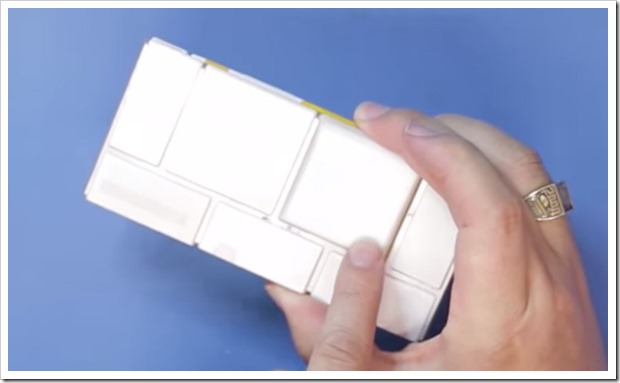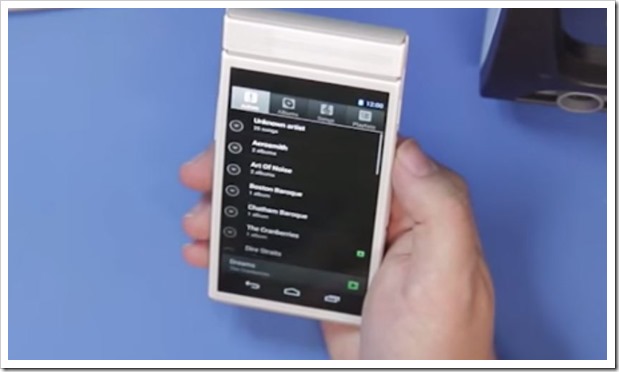Project ARA Will Come To Puerto Rico With 20-30 Modules [Updated]
[Updated: January 15th 2015]
The first country to get Google’s ambitious modular phone, Prject ARA would be Puerto Rico. It will be available later this year.
The Project ARA devices will be distributed from “food-truck-style stores”. They have released a video that shows quite few number of modules that will be made available, including night vision, Xray, heart monitor apart from all the traditional modules like Screen, battery camera etc. Check out this video released by Google
Here is another video created by The Verge that shows a lot of details on Project ARA.
Previously….
The Advanced Technology and Projects (ATAP) group, the only division of Motorola which Google had retained while selling off the former to Lenovo, is gearing up to flaunt its fully functional prototype of the Project Ara modular smartphone. This much talked about open source initiative by Google will allow consumers to customize and build their own smartphones based on a modular platform.
The users will then have the option to customize the processor speed, display resolution and a lot more any time they wish to – a smartphone that will finally be smart enough and adapt itself to suit the users’ character and preferences.
Paul Eremenko, who developed the project and leads it now, sums up the concept as the “hardware version of Android”. “Our stated objective around Project Ara is to democratize the hardware ecosystem around mobile. We want to drastically lower the barrier of entry for developers,” he added in a video chat earlier this week.
“We decided to go ahead with Project Ara because we felt that finally we were at a point where the overhead penalty of making something modular could be made small enough that it would be acceptable to the consumer.”
Google released a video where it shows off the first prototype of the proposed device. The device, dubbed Spiral 1 by Google, looks huge and unwieldy at the moment. Google is planning an early 2015 release of the proposed device at a developer conference.


Project Ara is named so after the techie, Ara Knaian, who is working on it. Knaian is seen holding the Spiral 1 in the video and telling how it will give developers lots of room for making further changes. He also explained how they will be able to create various modules and attach them to the phone’s frame.
Google plans to produce the endoskeleton or the frame of the proposed module for about $50. After buying this frame, users can go to the Play Store and buy any module they want. The frame itself will come in three sizes- mini, medium and jumbo. The smallest of these frames will have slots for 10 modules. Though the Spiral 1 appears to be running on a version of Android Jelly Bean (Android 4.1), the production version will apparently use Android 5.0 Lollipop.
“The possibilities are endless. For instance, you could buy a jumbo frame and use only half of it for the screen, the rest could be the keyboard. If on a long trip, you could drop a lot of other modules and replace them with battery modules so that you don’t run out of power.”
Project ARA Update Video
Paul Eremenko, who developed the project and is heading it at present, believes this will place ‘cutting-edge’ technology in the hands of the users. One of the biggest benefits of opting in for a device like this, according to him, will be the fact that users will be able to manage power better (by choosing to use multiple battery packs) and developers bringing in modules which will help monitor health and fitness.
The Project Ara developer conference, scheduled for January 2015, will obviously get developers thinking about the need to come up with modular phones. Google, on its part, has not yet mentioned when the first commercial modular phone will be out. Infact, it has not even yet stated if at all it will!
Even if Google does go ahead with the commercialization of the modular phone, the first devices could take at least a year in the making. One of the many R& D projects of Google Inc.( like Tango), upgradeable modular smartphones like those proposed by Project Ara look like the future of mobile computing. There is no doubt that when this project finally arrives, it will change the way we think about mobile phones and the way we use them.

It was really something that was worth sharing. If Google really plans to do so then it will surely CV create a revolution in mobile market.